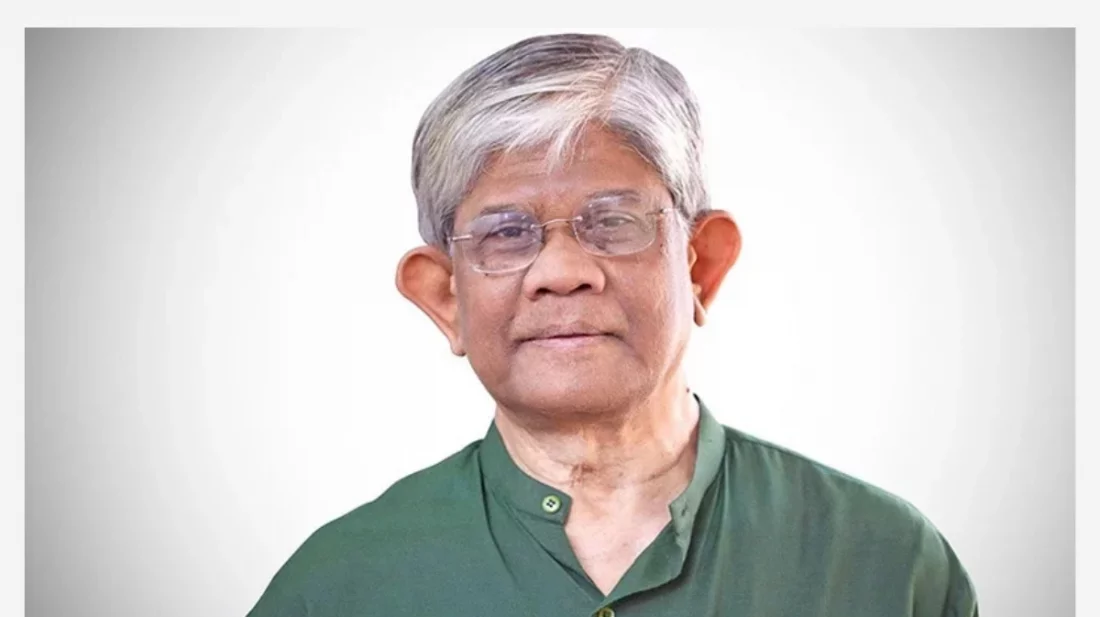The Ministry of Education has decided to send the government portion of the salary and allowances of private school-college teachers and staff through the Electronic Fund Transfer (EFT) process starting from January.
To implement this, the Directorate of Secondary and Higher Education has redefined the timeline for the inclusion of private institutions’ teachers and staff in the MPO (Monthly Payment Order) list, as well as the application process for various financial benefits like higher grades and B.Ed scales.
According to the new schedule, teachers and staff of private schools and colleges can apply for MPO inclusion during each ‘even’ month, specifically by the 6th of February, April, and June. Previously, the deadline for MPO applications was the 8th of these months.
In contrast, during ‘odd’ months such as January, March, May, or July, the MPO committee will hold meetings between the 10th and 12th to decide on the MPO inclusion for the applicants.
Government employees receive their salary and allowances through EFT. However, teachers and staff under MPO have their payments disbursed from the state treasury through eight state-owned banks using a more “analog” method, which often causes delays. As a result, the teachers sometimes receive their payments as late as the 10th of the following month.
In the past, some teachers have faced the embarrassing situation of receiving their Eid bonuses in one Eid season and then having to wait until the next Eid to receive them. Consequently, teachers have been demanding the same EFT payment system used for government employees, so that they too can receive their salary and allowances at the beginning of the month.
In light of this, the Ministry of Education announced on World Teachers’ Day, October 5, that private school teachers’ MPO payments would be made through EFT.
Initially, 209 teachers and staff from private MPO schools and colleges received their October MPO payments via EFT. Efforts are now underway to collect data to ensure that the EFT process is extended to other teachers and staff.
Sayed A.Z. Morshed Ali, Deputy Secretary of the Private Secondary Section of the Ministry’s Secondary and Higher Education Division, said that during a meeting on November 12, the Ministry decided to begin sending MPO payments via EFT starting in January. This is a technical process, and for it to happen, the teachers’ data must be collected and included in the system.
Dr. Khan Moinuddin Al Mahmud Sohel, Director of the Secondary Wing of the Directorate of Secondary and Higher Education, said that the schedule for MPO applications has been revised to streamline the EFT payment process.
As per the new schedule, applications for MPO inclusion must be sent by the 6th of every even month through the head of the institution. Upazila Education Officers must verify and settle them by the 12th of the month, and District Education Officers must complete the verification and forward them to regional directors and deputy directors by the 20th. These will be validated and approved by the MPO committee, and the final decisions will be taken during meetings held between the 10th and 12th of each odd month.
Previously, on November 14, the Directorate issued a directive requiring teachers and staff to provide their National Identity Card numbers, the registered mobile numbers linked to those cards, and the 13 to 17-digit numbers of the bank accounts where they receive MPO payments.
The process of sending MPO payments via EFT is also being initiated for madrasa teachers and staff, according to Md. Abul Basar, Deputy Director of the Finance Branch of the Madrasa Education Directorate.
After a long period of using an “analog” method for MPO work, the Directorate of Technical Education has started the process of accepting MPO applications for teachers and staff in technical education institutions through an online server.
The initiative to send the salary and allowances of private teachers and staff via EFT has been widely praised by MPO teachers. Mohammad Habibullah Razu, president of the Bangladesh Teachers Forum (Bashif) and an assistant teacher at Khalilpur High School in Sujanagar, Pabna, said that teachers are eager to see the implementation of this system as soon as possible and hope that no teacher will face harassment or discrimination during the process.
Source: Itteaq




